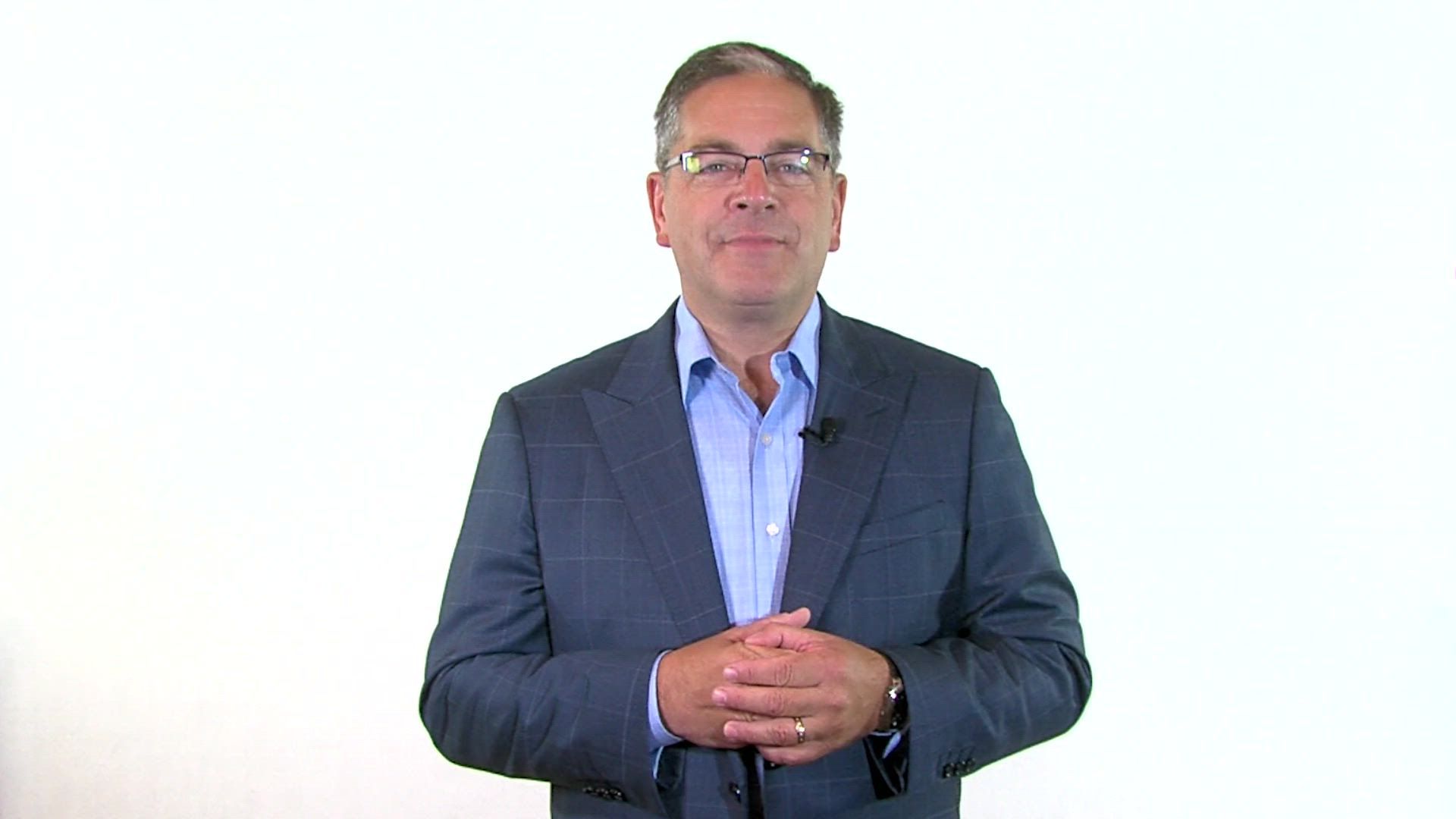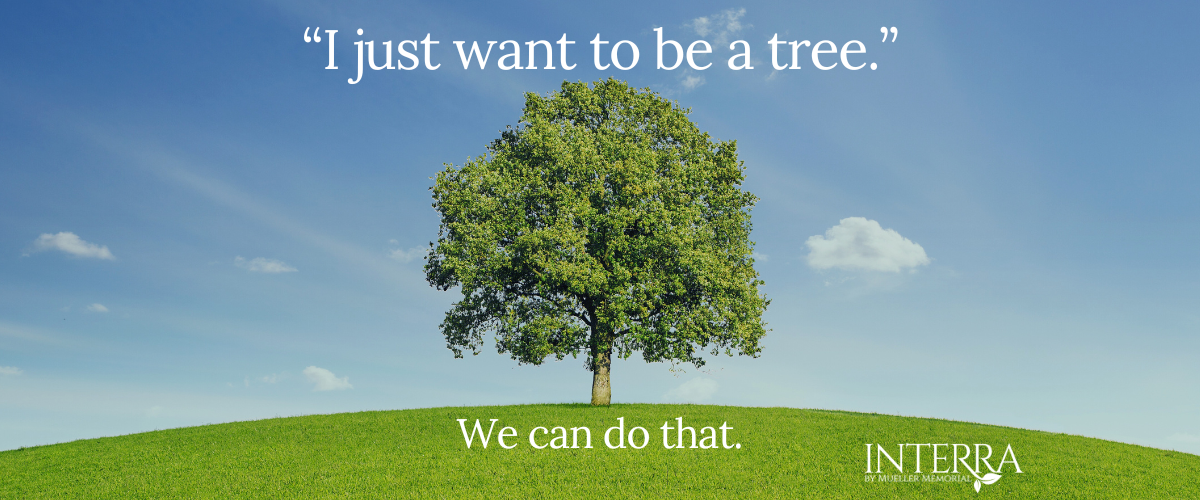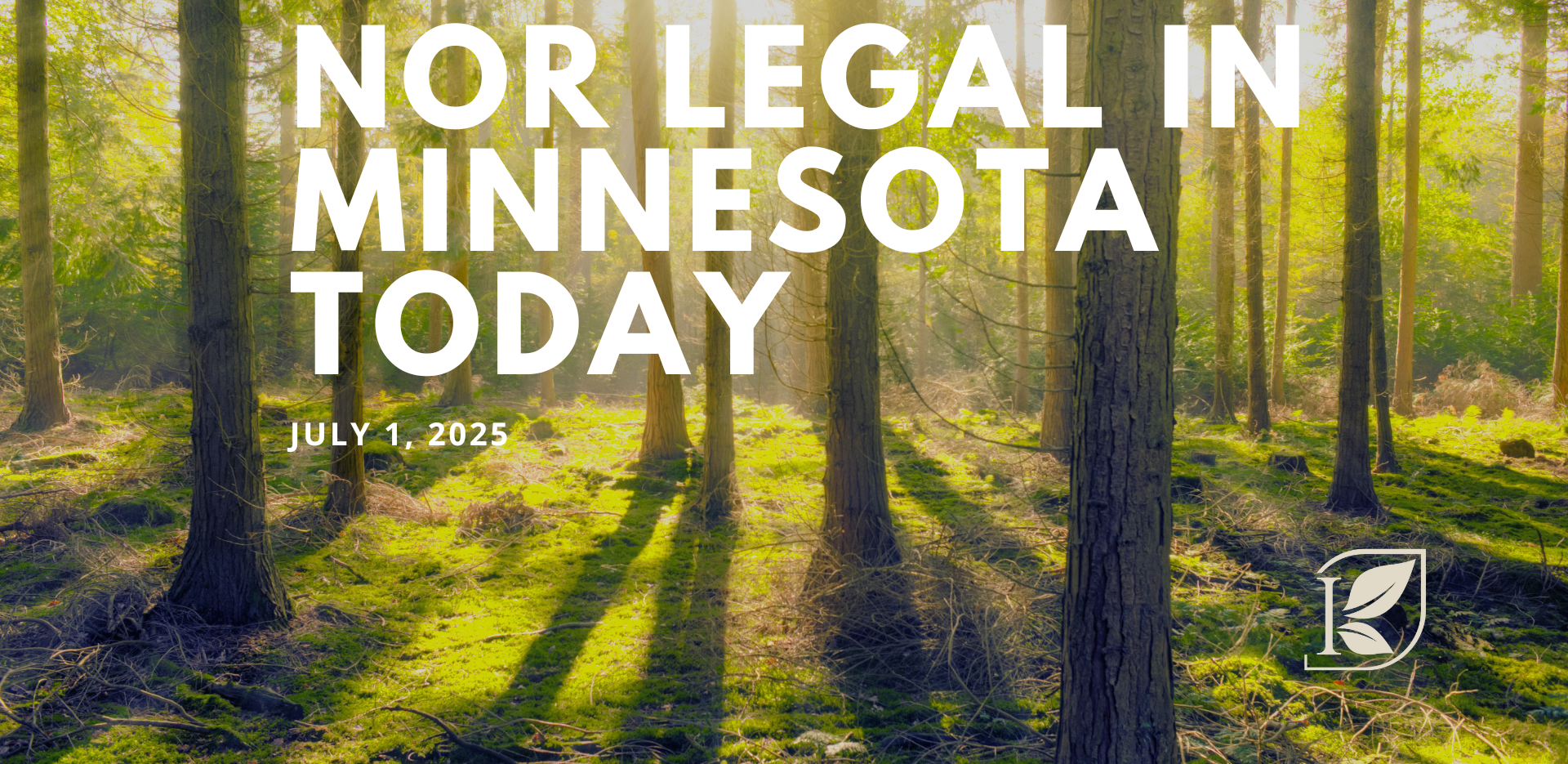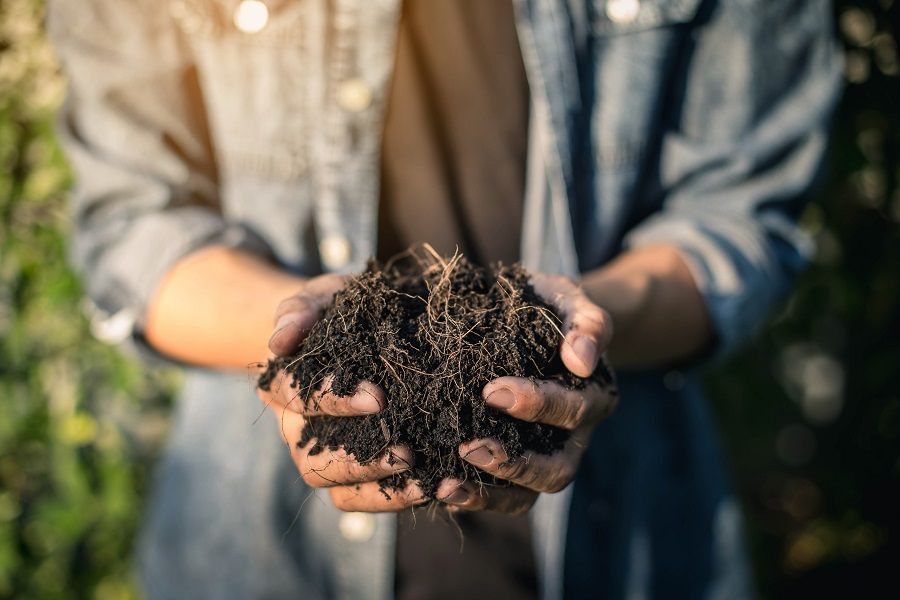Body Composting: Understand the Human Composting Process | Interra Green Burial
Understanding the Body Composting Process

At Interra Green Burial by Mueller Memorial we have definitely noticed that green funerals and eco-conscious burial alternatives are gaining significant attention. One such alternative that garners the most interest and curiosity is body composting, also known as natural organic reduction (NOR). This method, which is often considered a cremation alternative, offers an environmentally friendly way of handling human remains.
The Minnesota legislature is set to reconvene February 12th 2024 and up for consideration are companion bills HF2669/SF3134 which seek to make natural organic reduction (human compositing) a legal form of disposition in the state. So let’s explore the body composting process, its legal status, and its benefits, providing an insightful look into this ecological burial practice.
Natural organic reduction (NOR) is currently legal in seven US states, Washington, Colorado, Oregon, Vermont, California, New York, and Nevada, with legislation pending in several others. Based on their policies and the supportive scientific research, particularly from Washington State University, legislation has been introduced to make NOR a legal form of disposition in Minnesota.
As a funeral home operating for over 75 years, and as a provider of sustainable end of life services, we know that the cremation rate is 70% in Minnesota not because people are enthusiastic about cremation, but rather it’s the only alternative to traditional burial people have been offered. Options create empowerment.
If chosen by an individual, NOR allows that person’s death to be less about consumption and more about giving back. Human remains are respectfully laid into a vessel with organic material, usually wood chips and hay, and with very little intervention this results in about a cubic yard of nutrient-dense compost which can be used for planting or land restoration.
One Minnesotan we facilitated this service for, which was completed in Washington state, said NOR made him feel like something good was going to come from his terminal journey with cancer. The very hard reality is that death is the outcome of every human life and it is a good thing if we can help people feel empowered by choice in life, and as though their life continues to have a positive impact in death.
Interra Green Burial by Mueller Memorial is working with the grassroots NOR Minnesota Action Group, as well as bill authors to encourage passage of bills HF2669 & SF3134 legalizing safe and regulated natural organic reduction as an option for final disposition.
What is Body Composting?
Body composting, or human composting, is a process that transforms human remains into highly regenerative soil, often used in tree planting, conservation projects, gardens, or woodlands. It's part of a broader movement towards green burial services, including natural burials and other ecological burial practices. Unlike traditional burials, body composting is an environmentally friendly method that avoids the use of embalming fluids, metal caskets, concrete burial vaults, and perpetual land use.
How Does Body Composting Work?
The human composting process, scientifically referred to as natural organic reduction (NOR), involves placing the human body in a vessel with organic materials like wood chips, straw, and alfalfa. Over a span of several weeks, natural microbial activity breaks down the tissue, transforming it into a cubic yard of nutrient dense compost. This method mirrors the natural aerobic (oxygen using) decomposition process but occurs in a controlled environment.
Though each NOR provider has their own specific method, Lynne Carpenter-Boggs, chair of the Department of Crop and Soil Sciences at Washington State University, has worked with NOR advocate Katrina Spade pioneering the development and refinement the human composting process.
The body, along with the organic materials and air flow, undergoes a natural, heat-producing process that accelerates decomposition while eliminating pathogens and capturing the body’s carbon. The end product is a nutrient-rich soil that can support plant growth, allowing the deceased to be returned to the earth in a meaningful way.
Is Body Composting Legal?
The legality of body composting varies by location. In the United States, it was first legalized in Washington state, setting a precedent for other states to follow. Since then, other states have been considering or have passed legislation to allow this process as a part of green burials.
What are the Benefits of Body Composting?
Body composting offers several benefits over conventional burial and cremation methods:
- Environmental Impact: Traditional burials often involve embalming fluids, and the manufacturing and transportation of caskets and vaults which carry a carbon footprint. Cremation consumes fuel and releases greenhouse gas emissions. In contrast, local body composting produces no direct carbon emissions, sequesters the carbon from the body in the soil keeping it from entering the atmosphere, and requires significantly fewer consumable resources.
- Conservation: The process transforms human remains into soil that can be used to nourish the earth. It's a way of giving back to the environment, contributing to the growth of plants and the conservation of natural spaces.
- Cost-Effective: The human composting cost can be lower than traditional burials or cremations. While prices vary, local NOR providers are often considered a more affordable green funeral option.
- Emotional and Spiritual Benefits: For many, the idea of being laid to rest in a natural and meaningful way is comforting, helping to create a positive outcome from the end of their life. The process of human composting aligns with the beliefs of those who seek the continuity of simply returning to the earth.
- Space Conservation: In areas where burial space is limited or land is scarce, body composting offers a space-efficient alternative whole-body burial. The composted remains can return to the earth without requiring that land be designated, in perpetuity, as cemetery land.
Why Support Body Composting?
Natural organic reduction not only aligns with the principles of environmental stewardship but also offers a deeply personal and meaningful option for being laid to rest. The transformation of human remains into soil is a profound process, symbolizing the cycle of life in a tangible way.
As we continue to seek sustainable and meaningful ways to say goodbye to our loved ones, body composting stands out as a beacon of hope, offering a choice that is both respectful to the departed and kind to the planet.
Get Involved
To help make NOR an option in Minnesota, reach out to your local legislators during the Feb-May 2024 session and encourage them to support the passage of bills HF2669/SF3134 to make NOR a local, legal form of disposition in Minnesota. Find your representatives contact information here: https://www.gis.lcc.mn.gov/iMaps/districts/









